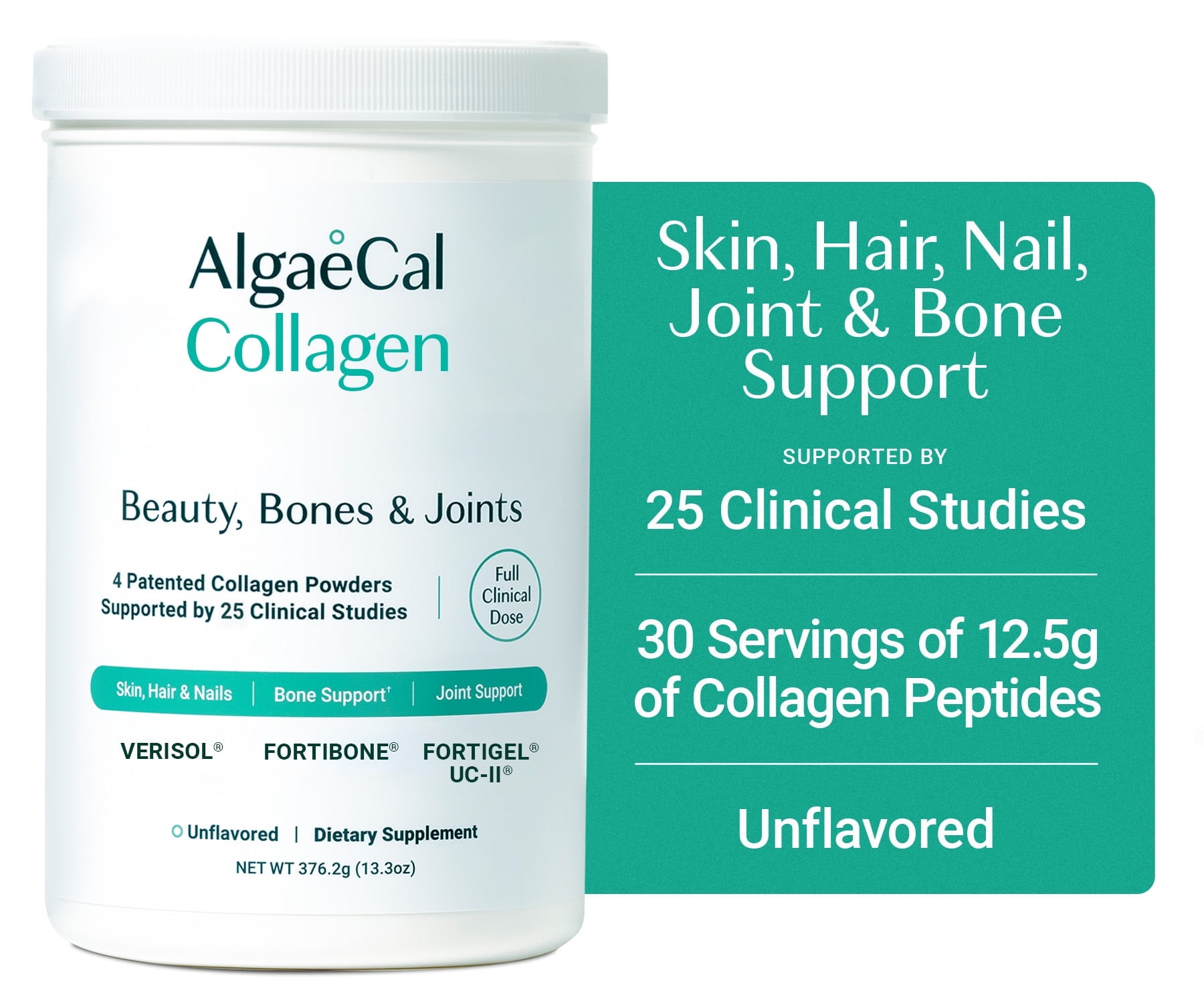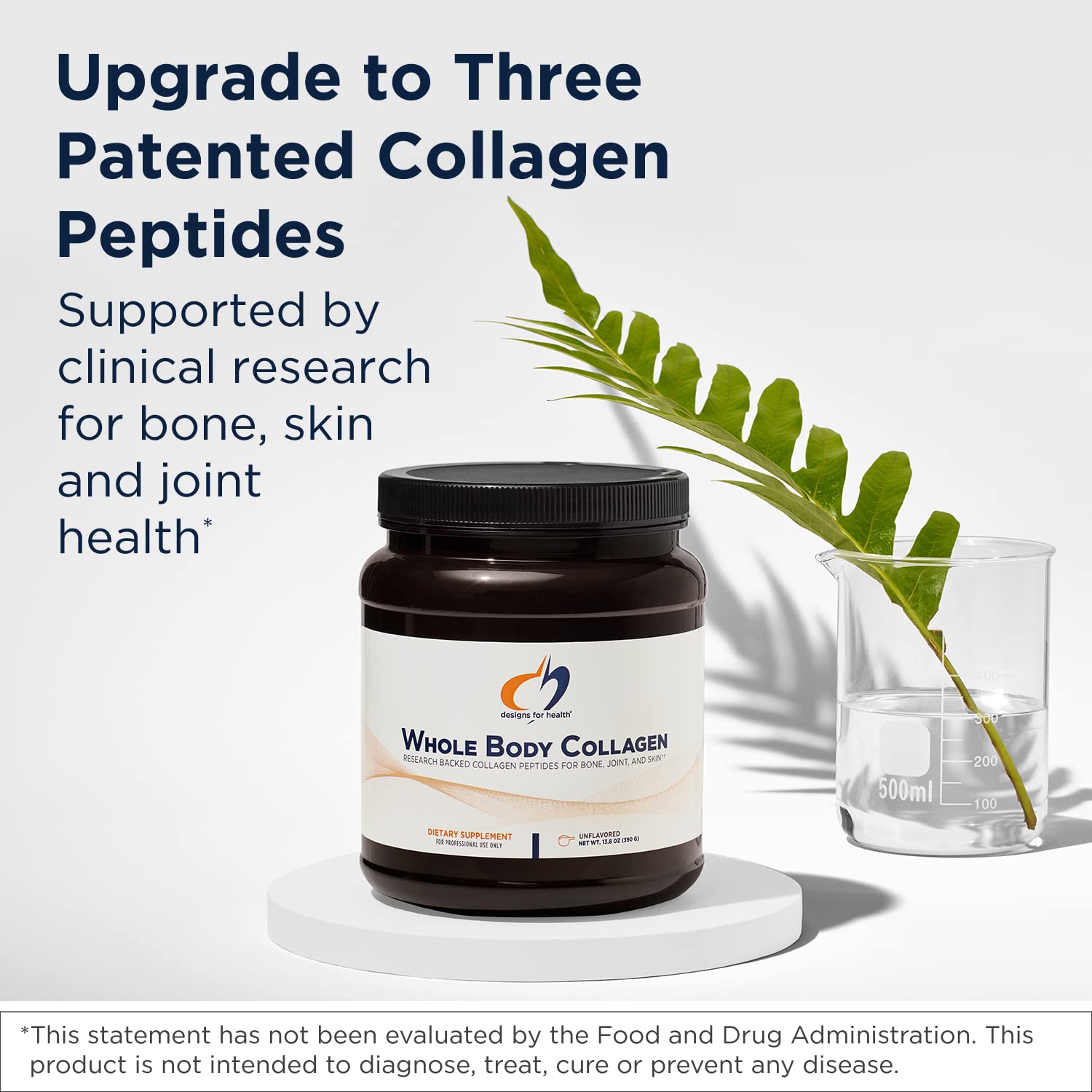Collagen Peptides With Verisol And Fortibone

The relentless march of time leaves its mark, most visibly on our skin and bones. As the global population ages, the quest for effective interventions to combat age-related decline in these vital areas has intensified. Emerging from this pursuit is a growing interest in specialized collagen peptides, particularly Verisol and Fortibone, touted for their targeted benefits.
This article delves into the science underpinning these specific collagen formulations, exploring their potential to mitigate the visible and structural effects of aging. We will examine the clinical evidence supporting their use, consider expert opinions, and address potential limitations, providing a balanced perspective on whether Verisol and Fortibone live up to the hype.
Understanding Collagen and Its Degradation
Collagen, the most abundant protein in the human body, provides structural support to skin, bones, tendons, ligaments, and other connective tissues. Its triple-helix structure gives these tissues their strength and elasticity. As we age, collagen production naturally declines, while collagen degradation accelerates, due to factors like UV exposure, smoking, and poor diet.
This imbalance leads to visible signs of aging, such as wrinkles and sagging skin, as well as decreased bone density and increased risk of fractures. Supplementation with collagen aims to replenish lost collagen and stimulate its synthesis.
Verisol: Targeting Skin Health
Verisol is a specific type of collagen peptide designed to improve skin elasticity and reduce wrinkles. It is characterized by a specific molecular weight and amino acid composition optimized for dermal tissue absorption. The manufacturers of Verisol, Gelita, emphasize that its efficacy relies on its specific peptide fingerprint, not just generic collagen.
Studies published in journals like the Journal of Cosmetic Dermatology have investigated the effects of Verisol on skin health. These studies often involve double-blind, placebo-controlled trials with women aged 35-65, a demographic particularly concerned with visible signs of aging.
These studies have generally reported improvements in skin elasticity, wrinkle depth, and skin surface structure after several weeks of Verisol supplementation. It works by stimulating skin cells to produce more collagen and elastin.
Clinical Evidence for Verisol
One key study often cited involved 69 women aged 35-55 who were given 2.5g of Verisol daily. The results indicated a significant improvement in skin elasticity compared to the placebo group after four weeks. Another study demonstrated a reduction in eye wrinkle volume after eight weeks of Verisol supplementation.
It's crucial to note that while these studies show promising results, they are often funded by the manufacturer of Verisol. Independent research is needed to corroborate these findings and provide a more objective assessment of its efficacy.
Fortibone: Strengthening Bones
Fortibone, also manufactured by Gelita, is a specific collagen peptide formulation targeted at improving bone density and reducing bone degradation. Unlike Verisol, Fortibone is designed to stimulate osteoblasts, the cells responsible for building bone tissue.
Osteoporosis, a condition characterized by decreased bone density and increased fracture risk, affects millions worldwide. Fortibone offers a potential strategy for preventing and managing this condition.
The underlying mechanism of action involves Fortibone stimulating collagen synthesis within the bone matrix, leading to increased bone mass and strength. This is different from simply providing building blocks for bone; it aims to activate the body's own bone-building processes.
Clinical Evidence for Fortibone
Several clinical trials have investigated the effects of Fortibone on bone health, particularly in postmenopausal women. These studies have examined its impact on bone mineral density, bone formation markers, and bone resorption markers.
One study published in the journal Nutrients examined the effects of Fortibone supplementation on bone density in women with osteopenia. The results showed a significant increase in bone mineral density in the spine and hip after 12 months of supplementation.
Another study suggested that Fortibone may reduce bone resorption, the process by which old bone tissue is broken down. This dual effect, promoting bone formation and inhibiting bone resorption, could contribute to improved bone health.
Expert Opinions and Potential Limitations
Experts in dermatology and orthopedics generally acknowledge the potential benefits of collagen supplementation, but they emphasize the importance of choosing specific formulations backed by clinical evidence. The specific amino acid composition and molecular weight of peptides like Verisol and Fortibone are believed to play a crucial role in their targeted effects.
Dr. Emily Carter, a dermatologist specializing in anti-aging treatments, stated, "While general collagen supplements may offer some benefits, targeted peptides like Verisol show more promise in terms of visible skin improvements. However, more long-term studies are needed."
However, it’s important to acknowledge the limitations of current research. Many studies are relatively small and funded by the manufacturers of these products. More independent, large-scale trials are needed to confirm these findings and assess the long-term efficacy and safety of Verisol and Fortibone.
Additionally, individual responses to collagen supplementation can vary. Factors like genetics, diet, and lifestyle can influence how well the body absorbs and utilizes collagen peptides. It's crucial to manage expectations and understand that collagen supplements are not a miracle cure for aging.
Also, the bioavailability of collagen peptides is always a question. Oral supplements must survive the digestive processes and successfully reach the targeted tissues to be effective. This bioavailability can be influenced by the formulation and individual digestive health.
Conclusion: A Promising but Evolving Field
Verisol and Fortibone represent a promising avenue in the quest to combat age-related decline in skin and bone health. The clinical evidence supporting their use is encouraging, but further research is warranted.
As the field of collagen peptide research continues to evolve, we can expect more sophisticated formulations and a deeper understanding of their mechanisms of action. Consumers should consult with healthcare professionals before starting any collagen supplementation regimen and choose products backed by solid scientific evidence.
Ultimately, while Verisol and Fortibone show considerable potential, they should be viewed as part of a holistic approach to healthy aging, encompassing a balanced diet, regular exercise, and a healthy lifestyle.


















